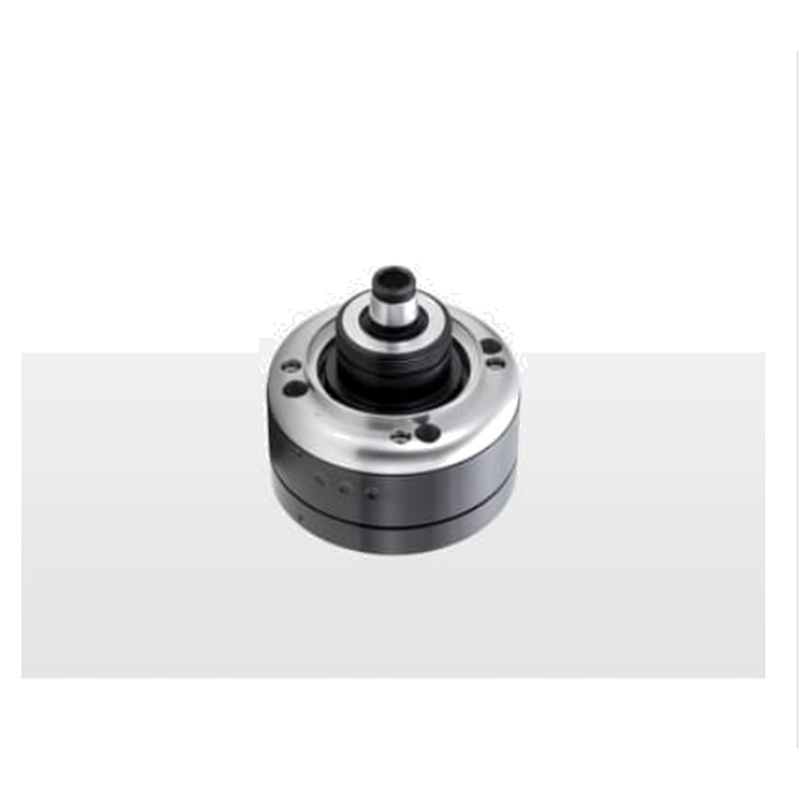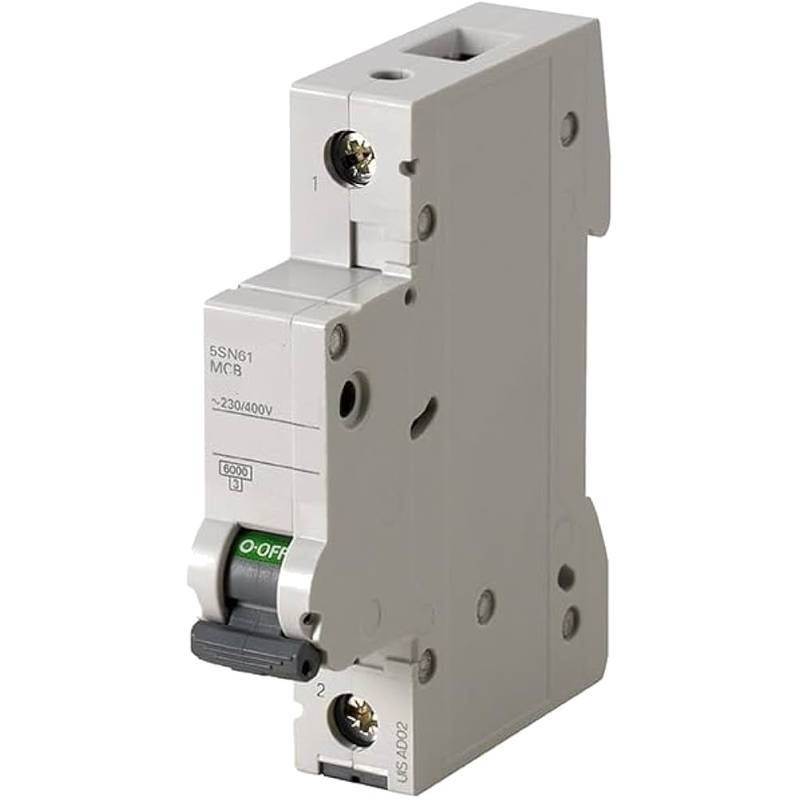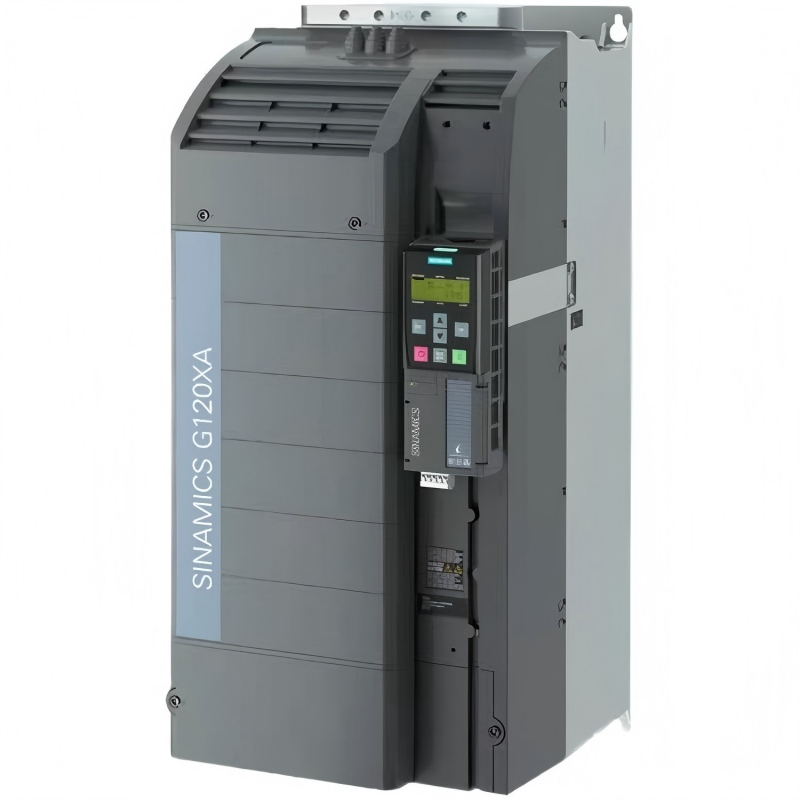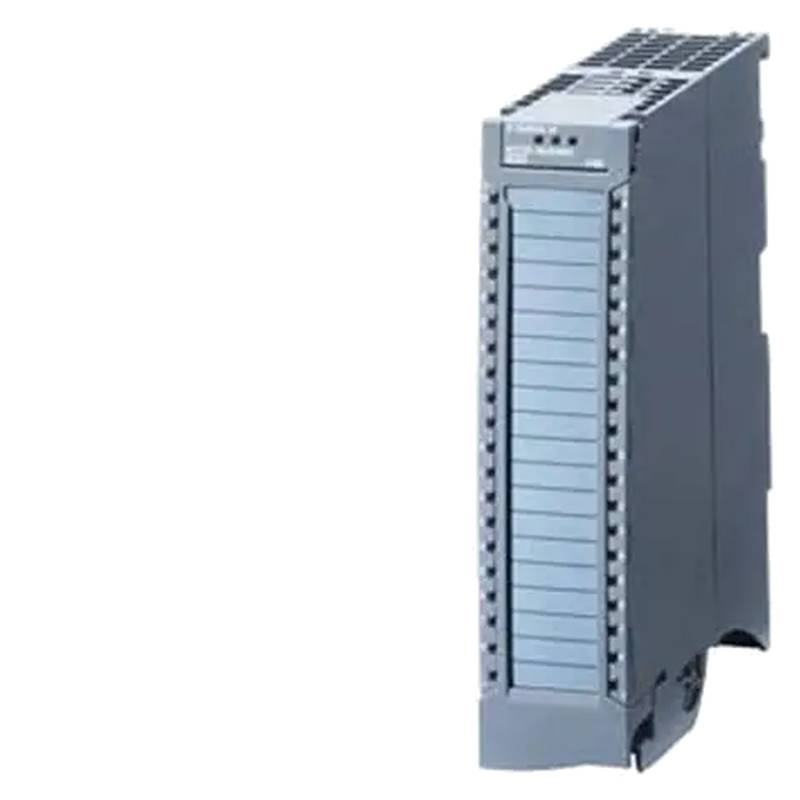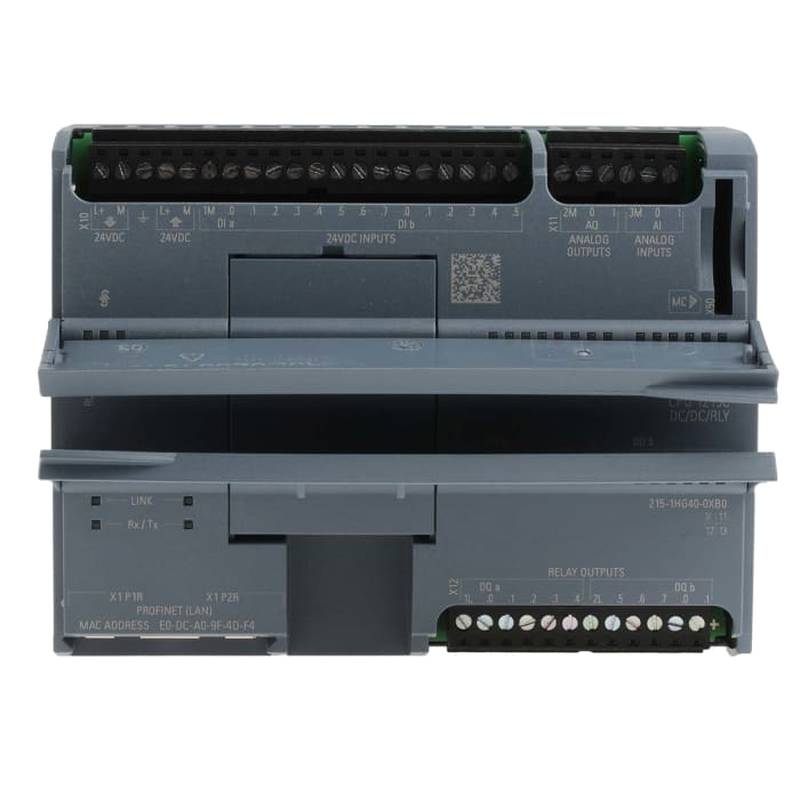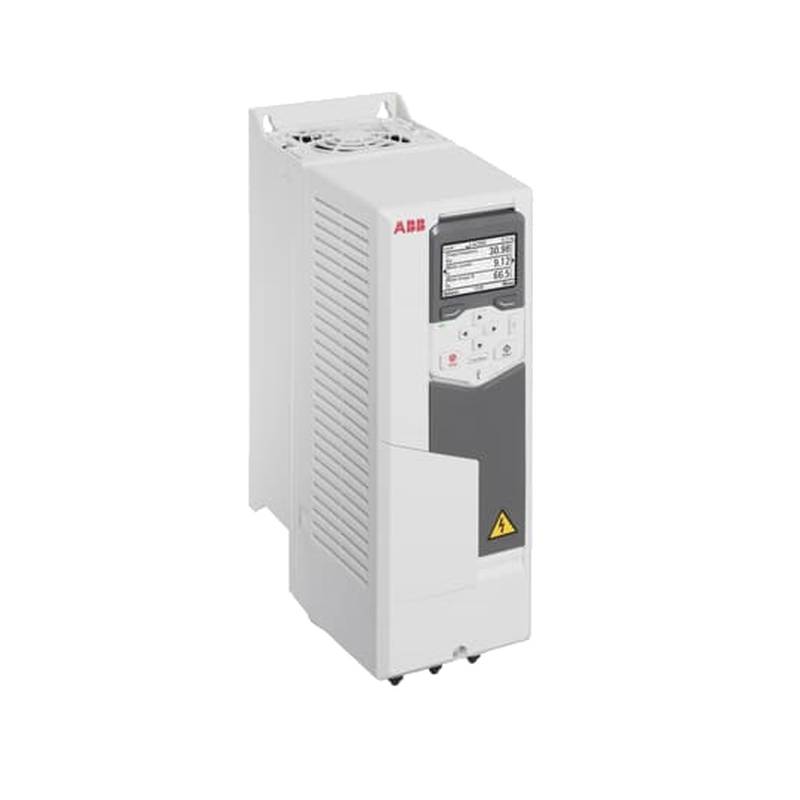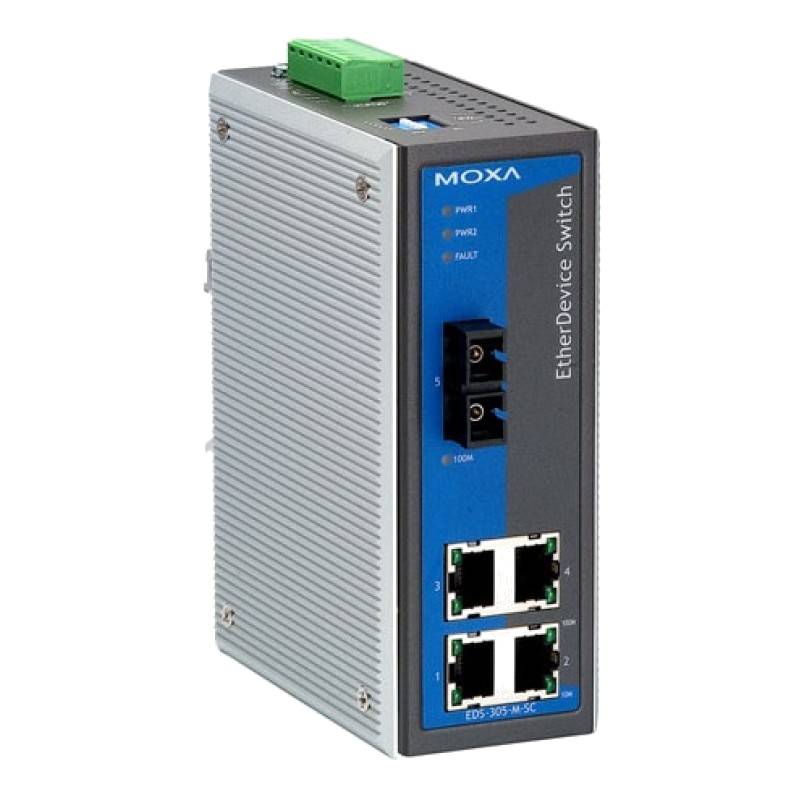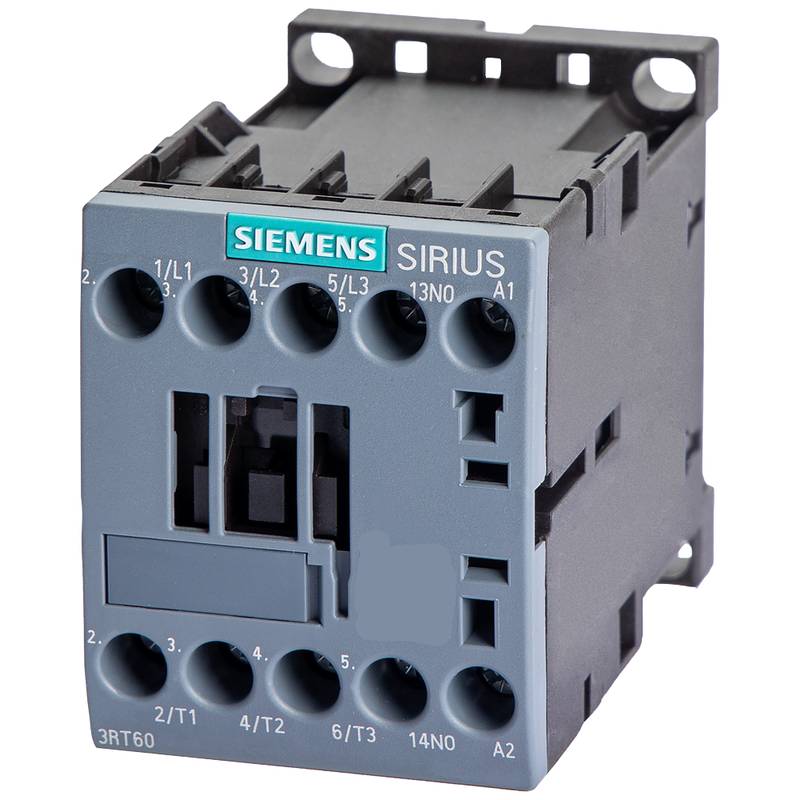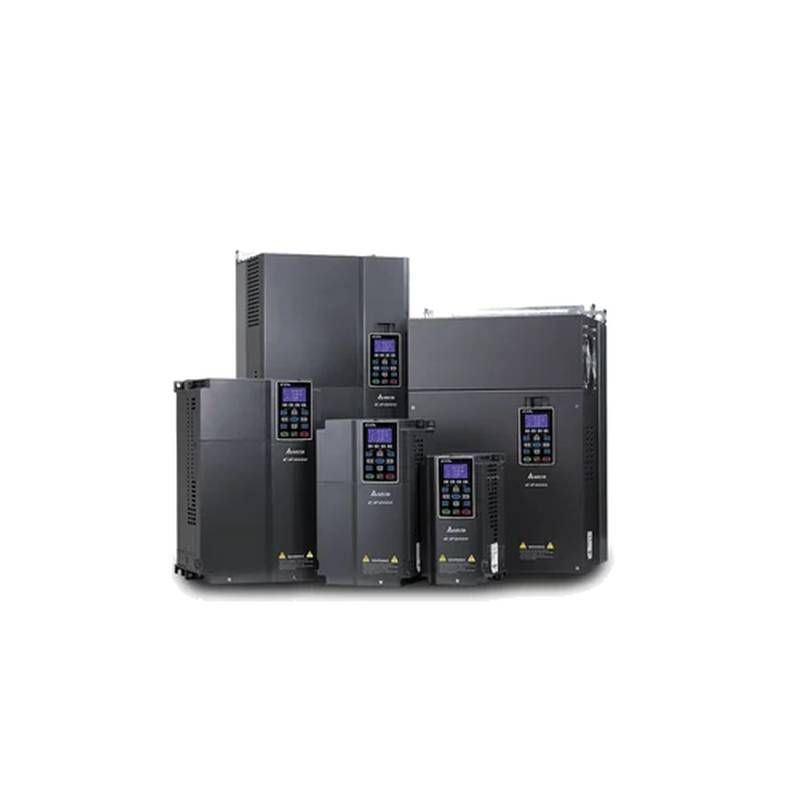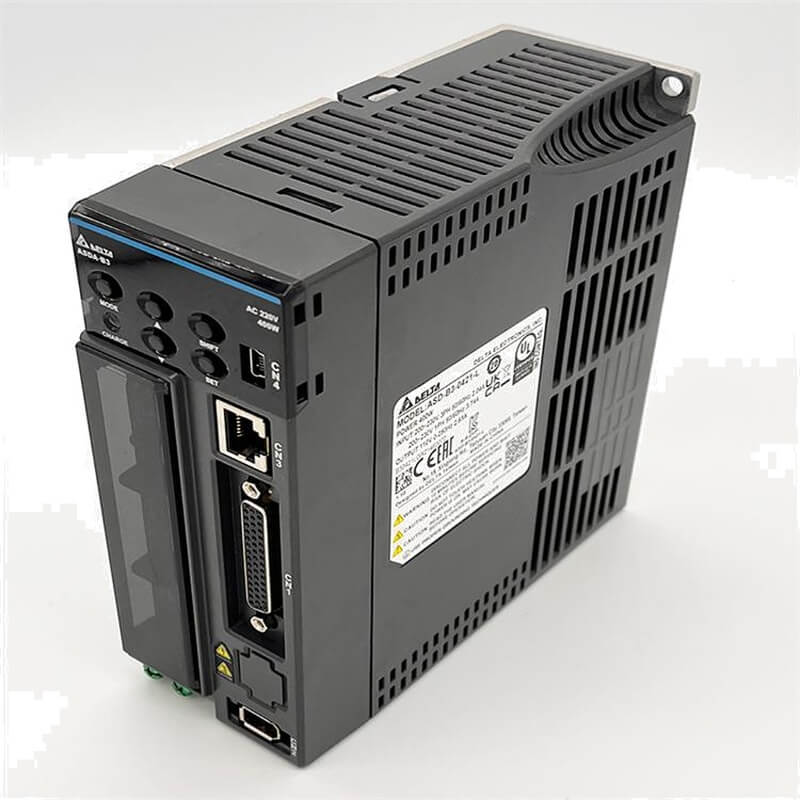
The ABB 3HS2000-01 Air Bearing Motor represents a significant advancement in robotic drive technology, offering unparalleled precision and efficiency for demanding industrial applications. This cutting-edge motor distinguishes itself through its innovative air bearing design, which virtually eliminates friction, thereby enabling exceptionally smooth motion, reduced wear, and extended operational life. Key advantages include enhanced positional accuracy, superior dynamic response, and remarkably low energy consumption. Technical specifications highlight its robust construction, designed for continuous operation in challenging environments.
Product Specifications
| Feature | Specification |
| :------------------ | :----------------------------- |
| Product Number | 3HS2000-01 |
| Motor Type | Air Bearing Motor |
| Application | ABB Robot Drive Systems |
| Key Benefit | Frictionless operation |
| Primary Advantage | Enhanced precision & longevity |
| Environmental Rating| Industrial grade |
Core Features & Market Positioning
The ABB 3HS2000-01 Air Bearing Motor is engineered to set new benchmarks in robotic performance. Its core innovation lies in the air bearing system, which replaces traditional mechanical bearings, drastically reducing friction and heat generation. This frictionless operation translates directly into superior repeatability and accuracy, critical for high-precision tasks such as intricate assembly, micro-machining, and sensitive material handling. The market positioning of this motor is firmly at the premium end, targeting industries where ultimate performance and reliability are non-negotiable. Competitively, it stands out against conventional motor designs by offering significantly longer service intervals and maintaining peak performance over extended periods, thereby lowering the total cost of ownership. Reviews and industry analyses consistently point to its advanced technology as a key differentiator for demanding automation projects.
Key Application Scenarios
The inherent precision and smooth operation of the ABB 3HS2000-01 Air Bearing Motor make it ideally suited for a variety of specialized industrial applications. In the electronics manufacturing sector, it excels in pick-and-place operations requiring sub-micron accuracy and delicate handling of sensitive components. The aerospace industry leverages its capabilities for precise assembly tasks, intricate drilling, and inspection processes where absolute positional integrity is paramount. Furthermore, the medical device industry benefits from its clean operation and high repeatability for tasks like robotic surgery assistance and the assembly of micro-medical instruments. Its suitability also extends to advanced research and development laboratories performing precision measurement and manipulation.
Practical System Integration Guidance
Integrating the ABB 3HS2000-01 Air Bearing Motor into existing ABB robot systems is a streamlined process, designed for industrial environments. The motor typically connects to the robot's drive controller via a standardized interface, ensuring compatibility with common ABB robot controllers such as the IRC5. Power and control cabling are designed for robustness, often utilizing multi-pin connectors that are keyed to prevent incorrect insertion. For commissioning, the motor parameters are usually pre-configured within the robot controller's software, simplifying setup. Advanced users may need to adjust specific air pressure settings and monitor bearing performance through the controller's diagnostic tools to optimize for unique application loads.
Operation and Risk Mitigation
Operating the ABB 3HS2000-01 Air Bearing Motor requires adherence to standard industrial safety protocols. Ensuring a clean and dry compressed air supply is critical for the proper function and longevity of the air bearings; contaminants can lead to premature wear or system failure. Users should regularly monitor the air supply pressure and quality. In the event of an error, the ABB robot controller will typically display specific fault codes related to the drive system, which can be cross-referenced in the robot's technical documentation for troubleshooting. Common issues might include low air pressure, contamination in the air lines, or electrical connection problems, all of which can be addressed through systematic diagnosis and maintenance.
Scalability & Long-Term Value
The ABB 3HS2000-01 Air Bearing Motor is designed as a component within the broader ABB robotics ecosystem, offering inherent scalability and long-term value. Its integration within the IRC5 controller platform allows for seamless upgrades and expansion of robotic capabilities. Compatibility with various ABB robot models ensures that as production demands evolve, systems can be reconfigured or expanded without a complete overhaul of the drive system. Furthermore, the frictionless nature of the air bearings contributes to significantly reduced maintenance requirements and an extended operational lifespan compared to conventional motors, solidifying its position as a robust, long-term investment in automation infrastructure. Its potential for integration with Industrial Internet of Things (IIoT) solutions allows for advanced predictive maintenance and performance optimization.
Frequently Asked Questions (FAQs)
What is an air bearing motor in an ABB robot?
An air bearing motor uses a cushion of pressurized air to levitate moving parts, eliminating physical contact and friction. This design is incorporated into specific ABB robot axes for unparalleled precision and smooth motion. The 3HS2000-01 model exemplifies this advanced technology.
How does an air bearing motor differ from a traditional motor?
Traditional motors rely on mechanical bearings that experience friction, leading to wear and heat. Air bearing motors eliminate this friction through an air gap, resulting in higher accuracy, longer component life, and reduced maintenance needs.
What are the benefits of using an ABB 3HS2000-01 Air Bearing Motor?
Key benefits include extremely high precision and repeatability, virtually frictionless movement, and extended operational life due to minimal wear. This leads to superior performance in sensitive manufacturing tasks and a lower total cost of ownership over time.
What industries commonly use ABB air bearing motors?
These motors are crucial for industries demanding high precision, such as electronics manufacturing, medical device assembly, and aerospace. Applications include intricate pick-and-place, micro-assembly, and precision machining tasks.
What are the power requirements for the ABB 3HS2000-01?
Specific power requirements are dependent on the connected ABB robot controller and its configuration. Detailed electrical specifications, including voltage and current, are available in the official ABB documentation for the respective robot system.
How is an air bearing motor maintained?
Maintenance primarily involves ensuring a clean and consistent supply of compressed air. Regular checks of air filters and pressure regulators are essential. The air bearings themselves require no lubrication and have a very long service life.
What kind of precision can be expected from this motor?
The 3HS2000-01 offers exceptional positional accuracy and repeatability, often measured in microns. This level of precision is vital for tasks where even minor deviations are unacceptable, such as semiconductor handling or intricate assembly.
Can the 3HS2000-01 be retrofitted to older ABB robots?
Retrofitting capabilities depend on the specific older robot model and its controller compatibility. Integration is most straightforward with current generation ABB controllers like the IRC5. Consult ABB technical support for specific retrofit assessments.
What are common fault codes associated with air bearing motors?
Common faults may relate to insufficient air pressure, air leaks, or electrical faults within the motor or its connections. The ABB robot controller's diagnostic system will provide specific error codes for troubleshooting.
What is the lifespan of an ABB air bearing motor?
Due to the absence of mechanical wear, air bearing motors typically have a significantly longer lifespan than conventional motors. Under proper operating conditions and with a clean air supply, they can last for tens of thousands of operating hours.














